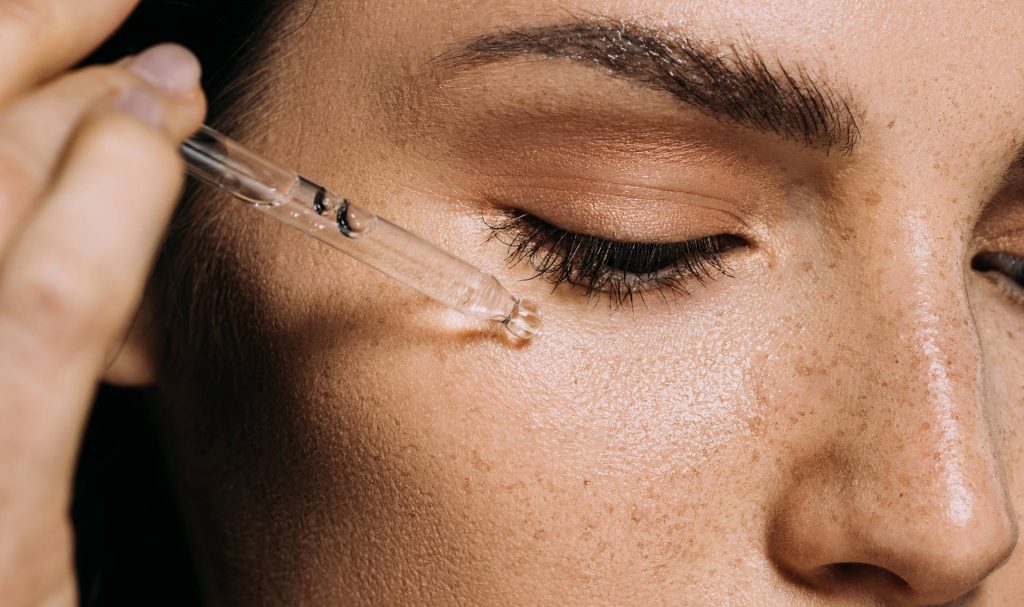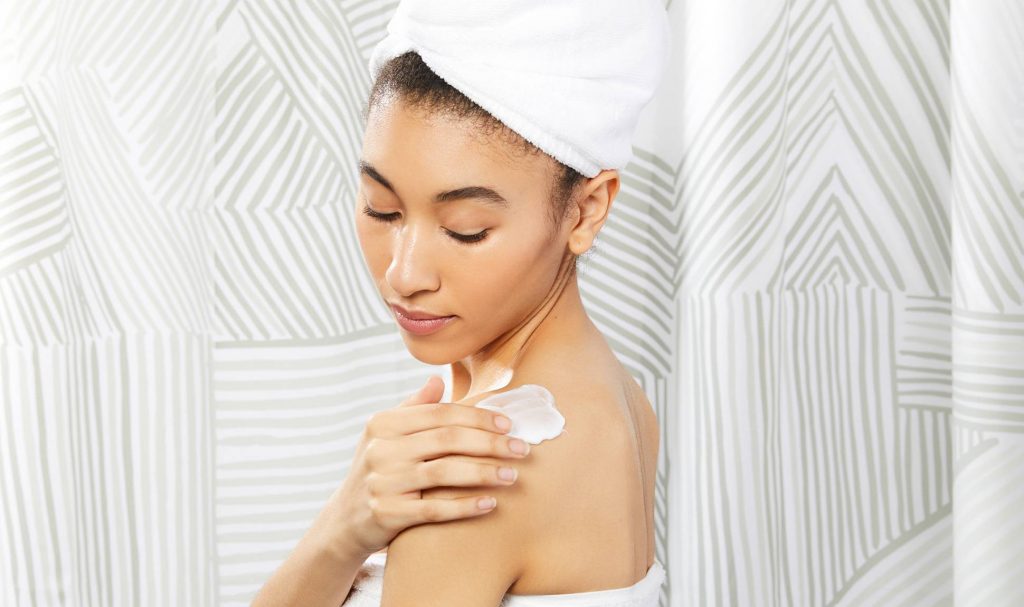Do you even tingle though? When it comes to skin care, the answer can be complicated.
Last week while brainstorming with my editor, she mentioned that she’d run out of her beloved Skinceuticals C E Ferulic serum and started using Drunk Elephant’s C-Firma day serum in its place. (The Drunk Elephant product has been cited as a dupe for the more costly Skinceuticals version, and I had recommended she give it a shot.)
One of the first things she said about the new serum was that it didn’t leave her face tingling like the Skinceuticals one did, which made her wonder if it was less potent.
That got us thinking: Does that tingling sensation mean a product is working? And should your products even tingle at all?
HuffPost spoke with dermatologists to get some answers.
Sometimes, the tingling does mean a product is working.
A lot of people like to think that if a skin care product tingles when applied, it must be working. While that’s not always true, sometimes a product’s tingly effect might very well mean it’s working, in some way.
The ingredients that often lead to a tingling sensation are typically exfoliants like vitamin C, retinol and alpha hydroxy acids (like glycolic acid), Dr. Purvisha Patel, a board-certified dermatologist and the founder of Visha Skincare, told HuffPost.
“Those products exfoliate the skin, which means they take a little bit of the top layer of the skin off. … You [could] feel a little sting,” Patel said. “That makes you feel like the products are working because, of course, the nerves are firing on the surface of the skin because the skin is newer underneath and all the dead skin cells have been exfoliated.”
Dr. Audrey Kunin, a board-certified dermatologist and the founder of DERMADoctor, elaborated, explaining that these types of chemical exfoliators are “actively dissolving the cement between skin cells.” And while not everyone experiences that tingling, many people do. Additionally, she said, “as some of those ingredients are used on a more frequent basis, either they’ve done their work to the point where you don’t feel them, or your skin has just kind of built up a tolerance to that kind of tingling.”
Don’t always let the tingling fool you though.
As Kunin put it, there’s “definitely an innate response that you think something is working because you feel it.”
But, she said, some skin care companies simply play into that belief and add ingredients like menthol, peppermint or eucalyptus into their products solely for the cooling, tingling effect. (Some ingredients, like alcohol or propylene glycol, also tend to tingle a little more, Patel noted.)
“In a medical setting, that might be a good thing if you’ve got really itchy-prone skin ― it’s calming and soothing. But in regular daily stuff, it provides no action whatsoever,” Kunin said, noting, “it’s more of an ‘Oh, this feels good so it must be really great for my skin’ type of reaction by the consumer.”
Sometimes, Patel said, it’s all about the experience.
“There are specifically formulated ingredients that [can be added] into skin care products to give the cooling feeling, and that’s part of the experience of a skin care product,” she said. “They do that so it feels cool and fresh so it goes with the product. But it doesn’t necessarily mean it’s working, and it doesn’t have any clinical efficacy or clinical benefit, but it helps with your skin care experience.”
So how do you know when your products are working?
If some products tingle and others don’t, you might find it hard to figure out which ones are actually doing anything to your skin.
A good first step is to check the labels of your products. If you see ingredients like glycolic acid or retinol, you can expect there to be a tingling sensation as the product works to exfoliate your skin. If you see ingredients like menthol and eucalyptus, you might still feel a tingling or cooling sensation, but it’s largely experiential.
According to Patel, the only way to know if a product is actually working ― that is, providing your skin with its advertised benefits ― is to use it consistently over a period of time. She suggested testing a product for at least four weeks before deciding whether it’s working for you.
And if you’re wondering whether a product works even if it doesn’t tingle, the answer can definitely be yes.
In fact, Kunin said there’s been technology developed over the years to keep products from creating that sensation. She pointed to glycolic acid as an example.
“It used to be what we call free glycolic acid, and it was at a very low pH and it was almost like an immediate burn to the skin,” she said. “Now, there’s buffered glycolic acid, where the glycolic acid is linked to a buffering agent. So the pH is a bit higher and it causes more of a time-release activity of the glycolic acid, so it works longer, slower [and actually provides] a better benefit and result, but you don’t necessarily get stinging or burning because it’s not such a low acidic pH.”
Just an FYI: Tingling and burning are not the same thing.
If your face is burning after applying a product, you should proceed with the utmost caution.
When it comes to tingling, it should only last a few minutes, and only while the product is left on your face, Kunin said. If you’re doing an at-home chemical peel for example, she said the tingling should go away once you wash the product off. But if the tingling is paired with burning, it’s likely a sign that your skin can’t tolerate the product.
“If you put a product on your face and you feel like your face is swelling or you have redness and itching and tingling, and it persists for definitely greater than 10 or 15 minutes, I would wash it off,” Patel added, clarifying that a mild, “transient” tingling sensation that dissipates in a minute or two might just be a normal aspect of the product and your skin’s reaction to it.
Patel also noted that redness, irritation and burning could signal an allergic reaction to a product. If you wash a product off and your skin continues to be red and itchy, she said, “you should definitely go see a dermatologist.”
Generally, Patel explained, if you wash off a product quickly and experience some relief, you should be fine. But if the negative side effects persist, turn to the professionals. You can also bring your products to a dermatologist, who can help you determine which ingredients might be irritating your skin or causing an unpleasant (potentially allergic) reaction.
So there you have it: Tingling doesn’t necessarily mean your products are working. At the same time, a product can work without the tingling sensation. They key is reading the labels and knowing what to expect.




